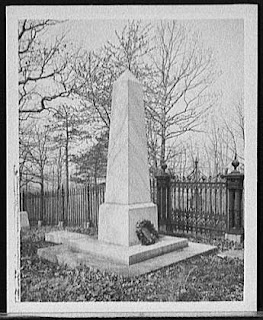Free Books--No Strings Attached
This isn't a Google ad. I like Google but my fondness increased just a bit more because of a feature from their general web page called Google Books. The plan that Google has worked out includes amassing an impressive collection of on-line books--titled that have been out of print and are in the public domain.
This collection is a wonderful asset to the family historian because many biographies, community histories, diaries, travelogues, and regional family concerns are available. Many of the volumes can be downloaded and read with adobe reader!
Steps to get to the motherload:
1. go to google.com
2. find the search offerings available besides "web search". Usually found under the "more" category.
3. Click on "books"
4. type a subject in the search box. Try historical dictionary.
5. You now have a choice of limited preview or full view. Click on the full view option.
6. View the dictionaries available. Click on a book that interests you.
7. You always have the option to read the volume on-line.
8. If the book is available for download, you will see a download button on the right panel.
9. You can download your book and read at your leisure.
This is an excellent resource. I found a book last night about Early Settlers in New England. I found a listing of a direct ancestor with names and birthdates of his family--impressive since I did not have a birthdate for one of the children!
Good hunting!


